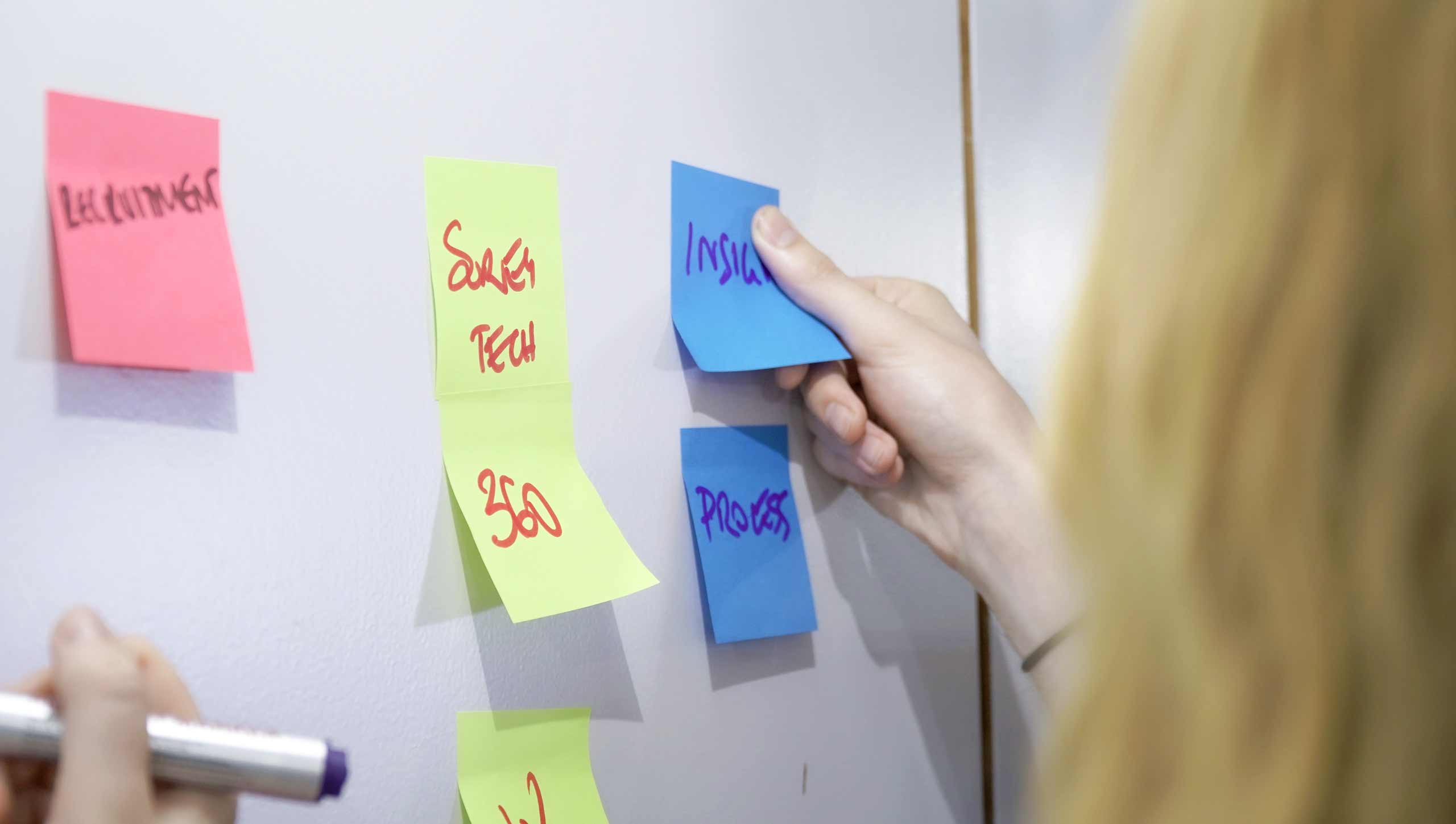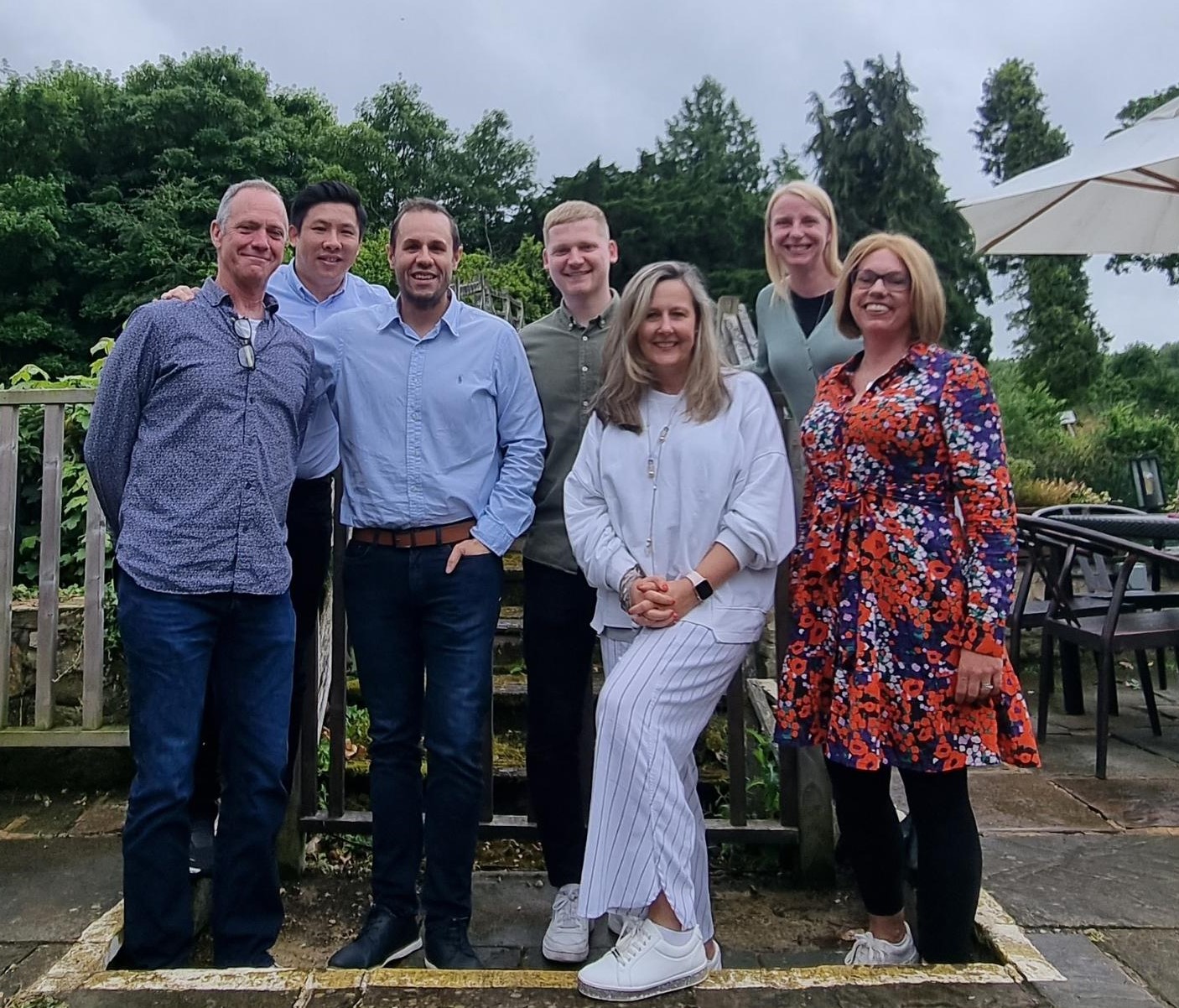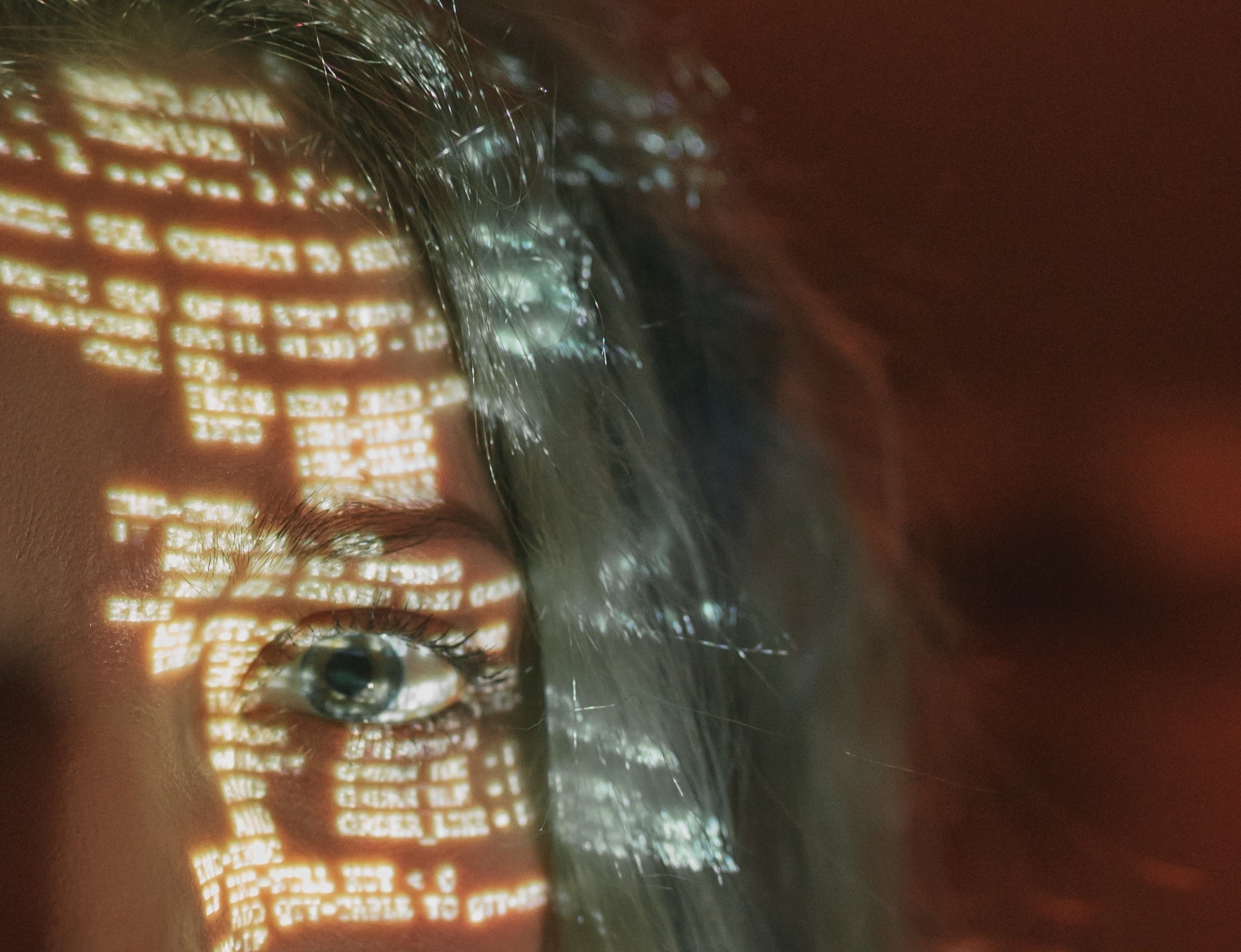The Olympics is seen as the pinnacle of sporting performance. Years of early mornings, late nights, grueling training sessions and mind numbing ground work, did I mention the early mornings? All of this work for one defining outcome (or four outcomes if you are Mo Farah).
The above could all relate to the corporate Olympics you and your colleagues may be enduring. Then what makes the likes of Mo Farah, Michael Phelps, the Brownlee’s et al. so driven to work? So motivated for success? This is because even they aren’t working alone. While the track can often look like a lonely place and the diving board one of individual brilliance, no Olympian is a one (wo)man band.
Every Olympic champion has a dedicated team, just as driven as they are, grafting to reach the ultimate goal. Gold. Coaches, nutritionists, physiotherapists, sport psychologists, kit organisers, marketing teams, agents and many more, are all working alongside these athletes, sharing a common identity, the passion to achieve.
What is your gold medal? Many of us go through the motions of daily workload without truly finding out what it is that we want. The obvious answer here is money. While we all desire financial security, this has been found to be unrelated to employee satisfaction. So when monetary incentives just aren’t cutting it, what else can lead to an increased willingness to work? Find your gold.
Establishing a team’s common identity enhances attitude towards teamwork, communication and overall engagement. Olympic teams champion the role of every member. Each individual recognises their value to the common goal. The desire to contribute their unique skillset to ensure the team reaches their desired success. These team members are willing to put it all on the line to achieve. Victory comes to the team whose members put gold first.
But sharing a common goal is not the same as putting the same characters in one team. Every sports team has a few natural leaders, some extraverts, some hard workers and all the rest in between. There is a rich diversity of personalities and working styles in every work place, this is something that should be embraced. To be successful it is essential to distinguish these personalities and balance a team based on each member’s strength’s.
No single athlete is going to be great in all positions. This is synonymous with the workplace. Take the rowing eight for example. The ‘stroke’ in the rowing boat has the role of setting the pace, being technically advanced and disciplined, these are the leaders. While the middle crew usually contain the most powerful members of the team but require less technical proficiency. Known as ‘the engine room’, they provide constant groundwork without the more technical aspects of strategy. These may be your analysts or project managers. Both are slightly different, yet essential for the team to work. Select members of your boat based on their strengths. Find out what your team members enjoy doing, and build that appetite to complete their role.
John C. Maxwell coined the phrase, “team work makes the dream work”. Establishing this common ‘dream’ will separate the gold medal teams from the “DNF”. Find your teams gold, work to their strengths and climb the podium together.





















